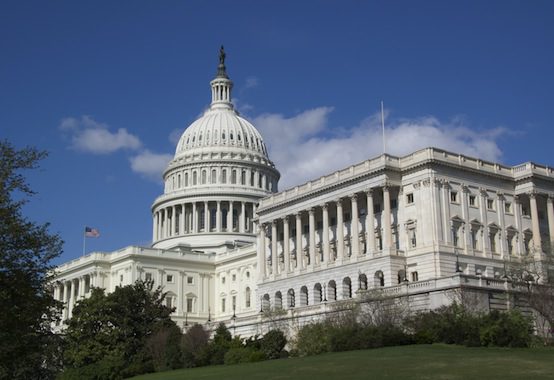Boehner’s Fiscal Long Game

House Republicans are in a bind. They control the chamber of Congress in which all tax and spending bills originate, giving them some responsibility for the nation’s fiscal policy. But Democrats hold the White House and Senate, meaning that the GOP’s ideas on taxes and spending won’t actually get very far.
John Boehner’s battalions were supposed to fight an epic battle with President Barack Obama over spending during the fiscal cliff negotiations. That was a big part of the point of the cliff in the first place, to impose deficit reduction on a balky Congress. Instead they voted to delay the automatic spending cuts by months and extend more than 80 percent of the Bush tax cuts.
Having decided they had no leverage in the fiscal cliff battle, House Republicans vowed to fight instead over the debt ceiling increase. The GOP was committed to the idea that additional borrowing authority should be matched dollar-for-dollar by spending cuts, making a higher debt limit less of a blank check. Last week, House Republicans instead passed a three-month extension of the debt ceiling with no spending cuts but some promises to revisit spending in May.
Naturally, many conservatives feel they are being played. Spending cuts always come later. When the GOP is out of power, they must wait until they have won the next election to address the size of government. When Republicans are in power, they must not do anything to the budget that might make spending-addicted voters throw them out.
Thirty-three Republicans voted against Boehner’s latest budgetary gambit, describing it as another Washington game of “kick the can.” The national debt is zooming past $16 trillion, the unfunded liabilities of Social Security and Medicare are growing, deficits mount, all with no end in sight.
These rebellious Tea Partiers have correctly diagnosed the nation’s fiscal problems, but their recommended cures have no chance of becoming law under the political circumstances that will prevail until at least 2015, and probably 2017. Even if Republicans retake the Senate in next year’s midterm elections, Obama isn’t likely to embrace austerity.
Republicans have managed to make fiscal responsibility look irresponsible. A government shutdown might not be the end of the world. There’s a case to be made that the feds could also function without borrowing power and not default. But these possibilities are very unsettling in an economy with enough uncertainty, and while the House GOP has tried to wield them as leverage to extract spending concessions most people just don’t take the threats seriously.
Democrats and the president get to pose as responsible bill-payers (even though they are just putting more on the country’s tab) while the Republicans are ideologically crazed “hostage takers” risking downgrade and default. Then at the last minute, the House caves in exchange for modest concessions, enraging its remaining conservative supporters.
So the Republican leadership is finally trying to change this political equation. They have shifted the spending fight from the debt ceiling to the sequester and continuing resolution. They are withholding congressional paychecks if lawmakers can’t produce a budget, something the Democratic Senate has failed to do since 2009. And they are committed to balancing the budget in ten years, at least seven years earlier than the last House spending blueprint.
Republicans are betting that the American people will be more receptive to “No Budget, No Pay” than a spending debate that occurs against the backdrop of default rumors. The House leadership also thinks Senate Majority Leader Harry Reid is a less sympathetic sparring partner than Obama. The sequester, like the expiration of the Bush tax cuts, is something already baked into current law, giving them additional leverage.
By proposing to balance the budget more quickly and standing by the dollar amount of the sequester (while remaining open to negotiating the exact composition of the cuts), the leadership won over many House conservatives. The Republican Study Committee’s chairman and three of his predecessors backed the legislation. So did two members of Justin Amash’s Liberty Caucus, Raul Labrador and Kerry Bentivolio.
“We can’t get rattled,” Paul Ryan explained at the National Review Institute summit over the weekend. “We won’t play villain in [Obama’s] morality play.” That’s as good a description as any of the role the GOP has played until now, one they cannot afford to reprise.
Time will tell whether this is another in a long line of Republican surrenders or a clever tactical withdrawal.
W. James Antle III is editor of the Daily Caller News Foundation and a contributing editor to The American Conservative.